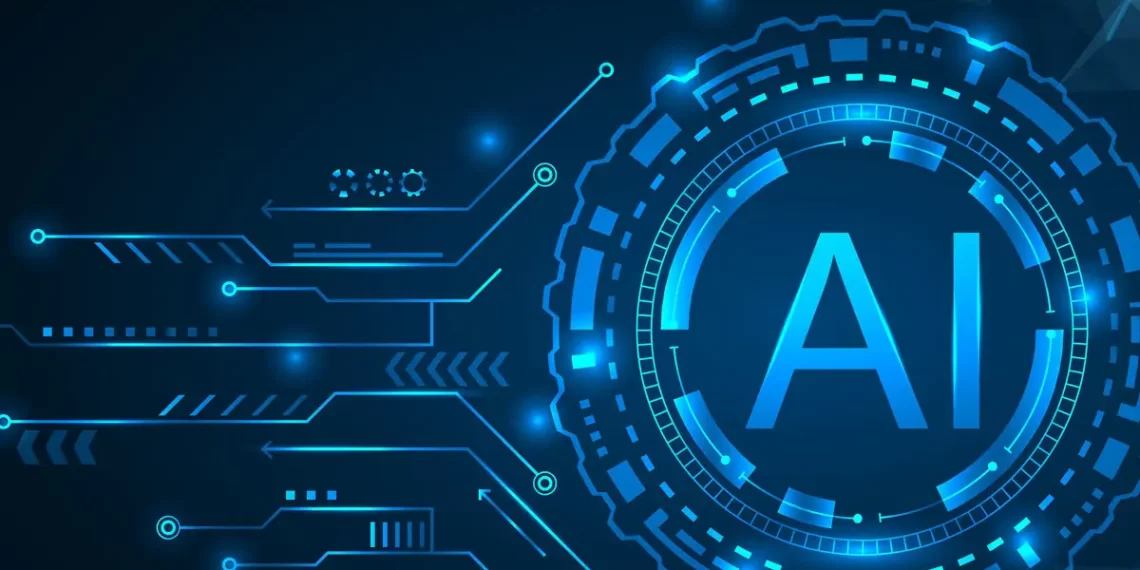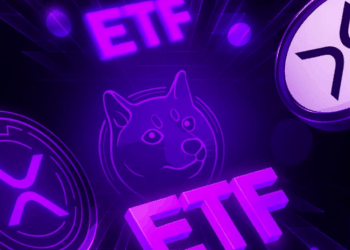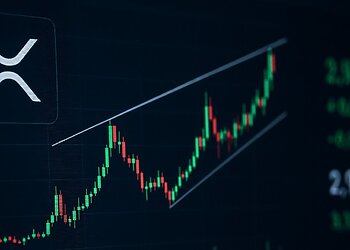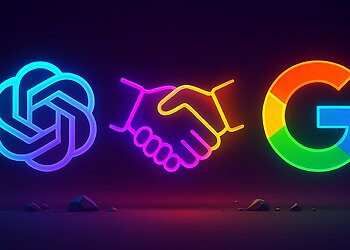As artificial intelligence (AI) reshapes industries, a legal storm is brewing in 2024. According to a recent Reuters report, U.S. copyright law, a cornerstone of protecting intellectual property, is now under scrutiny, with lawsuits challenging tech giants like OpenAI, Meta Platforms, and others.
Meanwhile, the explosive growth of generative AI has triggered copyright cases from authors and artists who claim AI success relies on their work. Notably, this clash raises a multi-billion-dollar question: Are AI companies infringing on a massive scale by training their systems with data scraped from the internet?
AI Copyright Cases
In 2024, a wave of proposed class-action lawsuits by authors, visual artists, music publishers, and media outlets emerged. It’s worth noting that renowned figures like John Grisham, George R.R. Martin, Sarah Silverman, and Mike Huckabee are among those claiming copyright infringement over their materials used in AI training.
Meanwhile, the Reuters report showed that the legal battleground extends to visual artists, music publishers, stock-photo provider Getty Images, and even the New York Times. The core argument is that tech companies unlawfully reproduce materials without permission, demanding monetary damages and court orders to halt misuse.
In contrast, tech companies, armed with legal firepower, argue that their AI training mirrors human learning processes and qualifies as “fair use” under copyright law. Comparing AI learning to a child acquiring language skills through exposure, Meta defended its practices before the U.S. Copyright Office.
In addition, Silicon Valley venture-capital firm Andreessen Horowitz warned that imposing copyright liability on AI creators could cripple development. The industry’s reliance on copyright protection for data handling, they argue, is fundamental to AI advancement.










